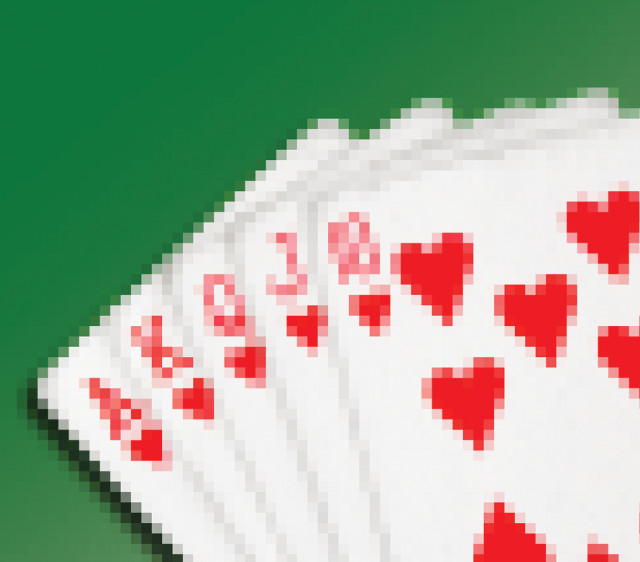Double-Click or Nothing

IN HIS 1978 HIT SONG “The Gambler,” Kenny Rogers left out one crucial piece of advice: you ain’t a true gambler till you’re known by a nickname. All the better if it’s of the mama-didn’t-love-me variety, like “Wild Bill,” “Maverick,” or “Leatherass.” Yes, Leatherass, aka Dusty Schmidt, a 29-year-old Northwest Portland resident who’s quietly won around $3 million playing online poker in the past three years. Schmidt’s story reads like a Hollywood script: raised in Whittier, California, he was a semi-pro golfer poised to join the PGA in 2004, at the age of 23, when he suffered a heart attack. His pro golf dreams were gone, his savings had been drained by medical bills, and he was facing homelessness, so Schmidt bet his last grand online. A month later, he was up $8,000. The poker phenom never looked back. Today, Schmidt plays as many as 16 hands at a time, eight hours a day (hence the nickname), sometimes winning upward of $50,000 a day. But Leatherass is no tightwad. This winter, he spent four days playing outside and donated his winnings to three homeless families. It was a kind of karmic act of generosity. “Winning all that money online in the first place is what kept me from being homeless,” he says. We asked Schmidt to donate something to you as well: a few tips for your next Texas Hold ’Em match …
Fold at least 75 percent of the hands you’re dealt before the flop (the three community cards turned over after the first round of betting)—especially if both of your cards are below a 10 and they are an offsuit (of different suits).
Bluff, bluff, bluff—because, mathematically speaking, your opponent can’t have a strong hand very often. Typically, you want to make your bets about 50 to 66 percent of the size of the pot. Bluffs have the best success rate when they come after the river card (the final card dealt)
is turned over.
Don’t slow play a good hand. In other words, don’t fail to bet a good hand in an attempt to lure your opponent into a false sense of security (a common mistake among amateurs).
Remember, even the world’s best poker players win only about 60 percent of the time.



